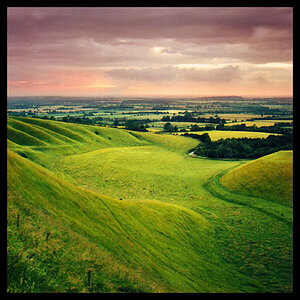LeftBehind
TPF Noob!
- Joined
- Aug 14, 2007
- Messages
- 63
- Reaction score
- 0
- Can others edit my Photos
- Photos NOT OK to edit
In Canada, every school is outfitted with a Student Initiated Learn and Courses form. Students can create a curriculum for a course, present it to the Administration, and with approval can become a real course, provided you have a teacher to Facilitate it, which can even mean one with a prep that will sit and watch. I'm writing up the Curriculum. Any ideas or important additions? Has anyone ever tried this at your school?
IntroWhy people take picturesThe history of cameras, etc
development of technology
film and digital
The Technologyaperture
shutter speed
exposure
light metering
lenses and focal length
color temperature and white balance
Mega Pixels
Modes:AV
TV
Bulb
Manual
Program
Using manual
How to meter, etc.
Sensors:CCD
CMOS
Full frame, partial frame, cropping
Medium format
Composition
Rules, thirds, etc
Portrait
Macro
Nature and landscape
Post processing:
Photoshop[FONT=Times New Roman, serif]©[/FONT]CroppingResizingPixelsIndustry and standards
PortfoliosBusinesses , wedding etc.
Preparing for prints.
????????????????
Possible AssignmentsTake examples of:
PortraitMacroStill lifeLandscape - With and without foreground elementsUrbanNatureAnimalsRule of thirdsLeading linesReflection
Discussion and critique:Photo Theme of the Week:Close UpBecause We're TeenagersBright colorsIn the NeighborhoodWindowElements


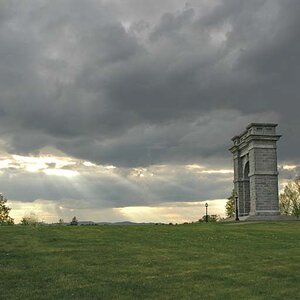
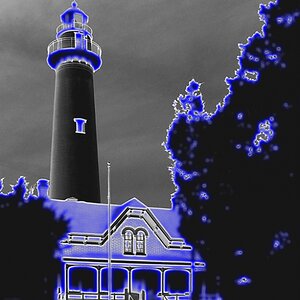
![[No title]](/data/xfmg/thumbnail/30/30873-79f4c5bc298110a994e9eed027728db8.jpg?1619734490)
![[No title]](/data/xfmg/thumbnail/42/42348-b961c40032587da9952402de14b5976a.jpg?1619740146)
![[No title]](/data/xfmg/thumbnail/31/31751-fb2f68cca32f9eec468dbde7d649840f.jpg?1619734990)
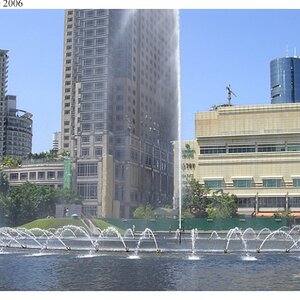
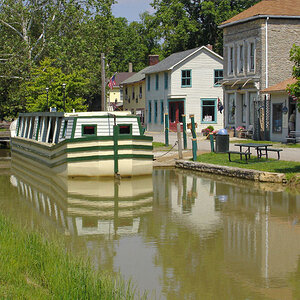
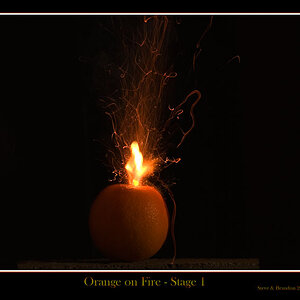

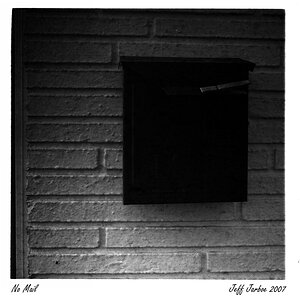
![[No title]](/data/xfmg/thumbnail/31/31753-281132967af6a422c89bcc0d6f16499a.jpg?1619734991)
